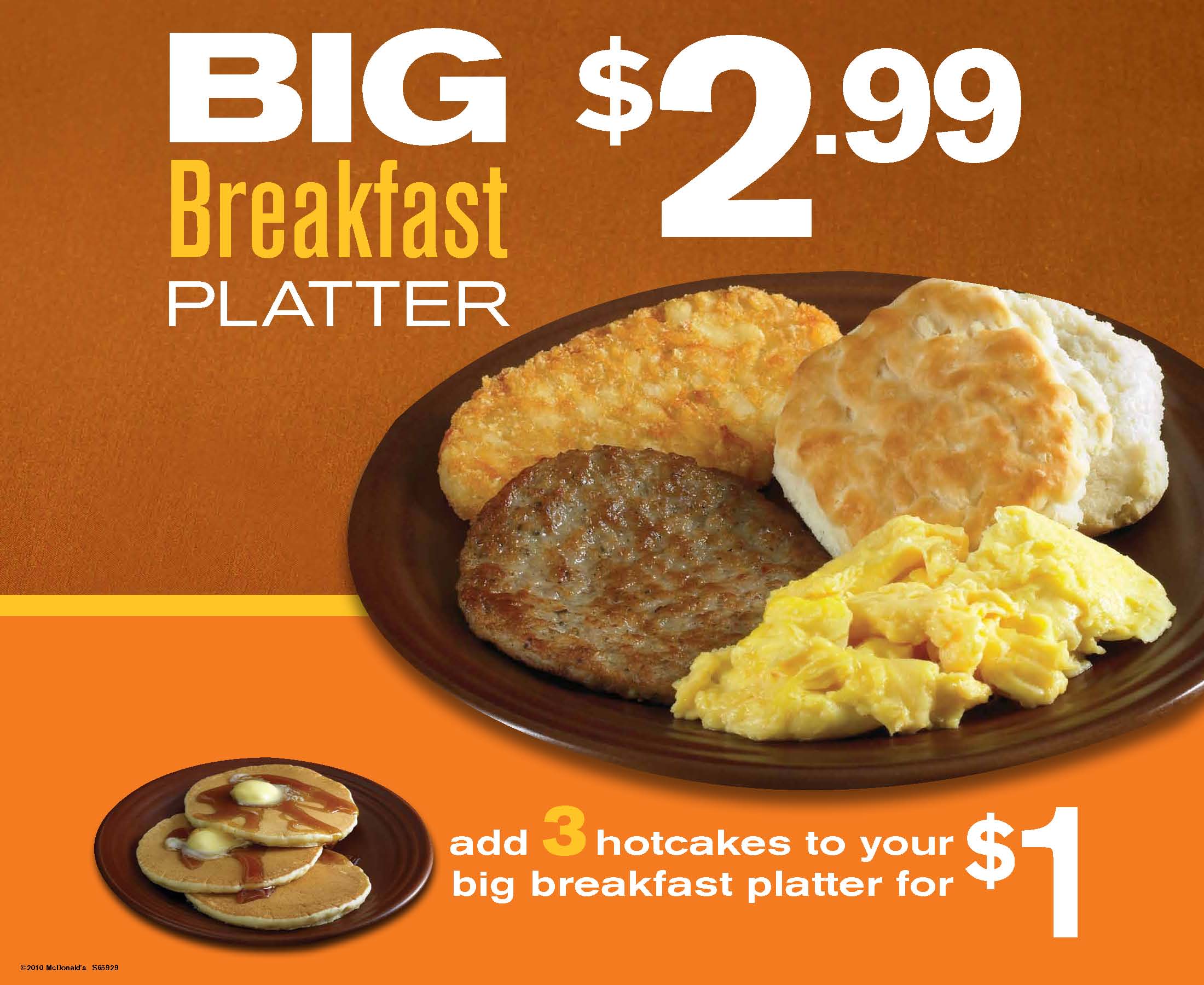After winning a ten-year bet on the price of oil, I considered offering a repeat bet, double-or-nothing. My position was not based on an oil forecast, but on Julian Simon's thesis about ever-more-available natural resources in the long term.
In 2005, when oil was trading at $58.75, I was uncertain, but willing to risk $100. My friend says he was willing to bet much more.
Now a barrel of oil is trading at $33.62, and I am still uncertain. That's not a lot of money, less than the price of seven Big Macs! Can it really drop much lower? You can't even buy an empty barrel for under $40.
The Economist does not adjust the Big Mac index often, and not always upward, but the overall trend has been to rise faster than inflation. This helps my side, but unfortunately an increase was posted just before we agreed on terms, so the new ratio will be based on $33.62 for oil / $4.93 Big Mac.
My friend is uncertain too, but willing to risk $100 on another ten-year wager. We have agreed, then, so watch this space for an update in February 2026.
Mmmmmm. Column A, column B. God I'm just doubting everything these days, though. I half think I agree with Simon. What's happening to me?My position was not based on an oil forecast, but on Julian Simon's thesis about ever-more-available natural resources in the long term.
It's a rare business that goes from upscale to budget. Most vendors - regardless of their product - are inevitably drawn upmarket by the lure of increased margins and the inherent value in their brand. Obviously McDonald's is never going to be Ruth's Chris but they aren't Taco Bell, either. They haven't had a "we're cheap" ad campaign in decades. It's all about loyalty, lifestyle and tradition. Petroleum, on the other hand, is a commodity. You might have loyalty to the brand across the street, but only so long as they aren't more expensive than a few blocks out of your way. It doesn't nullify the core of your wager, but it does give you a bigger edge than first inspection would suggest.
This is insightful. I have had some confusion about what exactly I am betting on. Simon's argument applied to all consumer goods: It's hard to measure what an unskilled worker can buy, though that is a valuable metric in theory. Next best is to measure what a dollar can buy, with the complication of adjusting for inflation. This was the basis of Simon's famous bet, and some of the metals his opponent picked dropped in price even before adjusting for inflation. I ended up with oil vs. burgers, and I hoped that the mass-produced natural resource would exhibit the trend more clearly than individually-made burgers. But the fact that gasoline is shopped for as a commodity (more so than any other product I can think of) means price is the only way to compete, and we saw that gas stations have almost no margins. While "dollar menu" does not put candlelight and tablecloths in mind, McDonald's can compete with tastier recipes, cleaner bathrooms, play areas, and a reputation for not poisoning customers often.The average cost of all consumer goods taken together—an index of consumer prices—has fallen over the years in more-developed countries, measured in terms of what an unskilled worker can buy; this is proven by the long-run increase in the standard of living.
I think McDonald's is a lot more responsive than most people give them credit for. I mean, Super Size Me killed their super-size menu. Then they tried salads, but pointed out they couldn't sell them because, well, people don't want to eat salad. The whole breakfast-all-day thing is basically an easy, comforting way for them to differentiate and since their menu is so prefab and regimented it barely impacts their menu at all. People also forget that McDonald's holds $28B in real estate and has 15,000 tenants. Most of those sites are in extremely valuable areas and those tenants are stable. It further muddles the correlation between "big mac cost" and "big mac price" because they don't necessarily need to make money on, you know, food. McDonald's can subsidize the price of a Big Mac and still make money because they're selling them (in bulk) to their tenants.
Yeah, articles like this are just mean, though. For one thing, that's the most fattening salad they have, and it isn't even sold in the US (it's got bacon on it, FFS). For another thing, that's with 40g of caesar dressing on it. For another thing, it's covered in fried chicken. It's the worst of four entree salads Mcdonald's Canada offers but the article still goes "ZOMG if you put all the dressing on it yer gonna die eh?" Not content to leave well enough alone, they even whip out the canard about the oatmeal, which has been the press' whipping boy for more than five years now. Yeah, they've got some funky ingredients but you know what? Oatmeal has a lot of calories and the way most people make it, a lot of sugar, too. I dunno. I haven't eaten at McDonald's in... 30 years? I think the last time I had their food was when it was the "hot breakfast" on a really shitty shoot in which we had a basket of (non-sausage, non-ham) mcmuffins and even that was like 6 years ago. But it's so f'n easy to beat McDonald's up. I mean, this is without dressing. So's this. Yeah - it's harder to eat healthy at a McDonald's than at Urth Caffe but fuck - It's hard to eat healthy anywhere fast. I mean, shit. I got dragged out to Applebee's for dinner this week. I had the appetizer-sized chicken quesadilla, no guacamole, no sour cream. How many calories? 1100. At least if I was pullin' down 1100 calories at McDonald's I'd get a "big breakfast."

